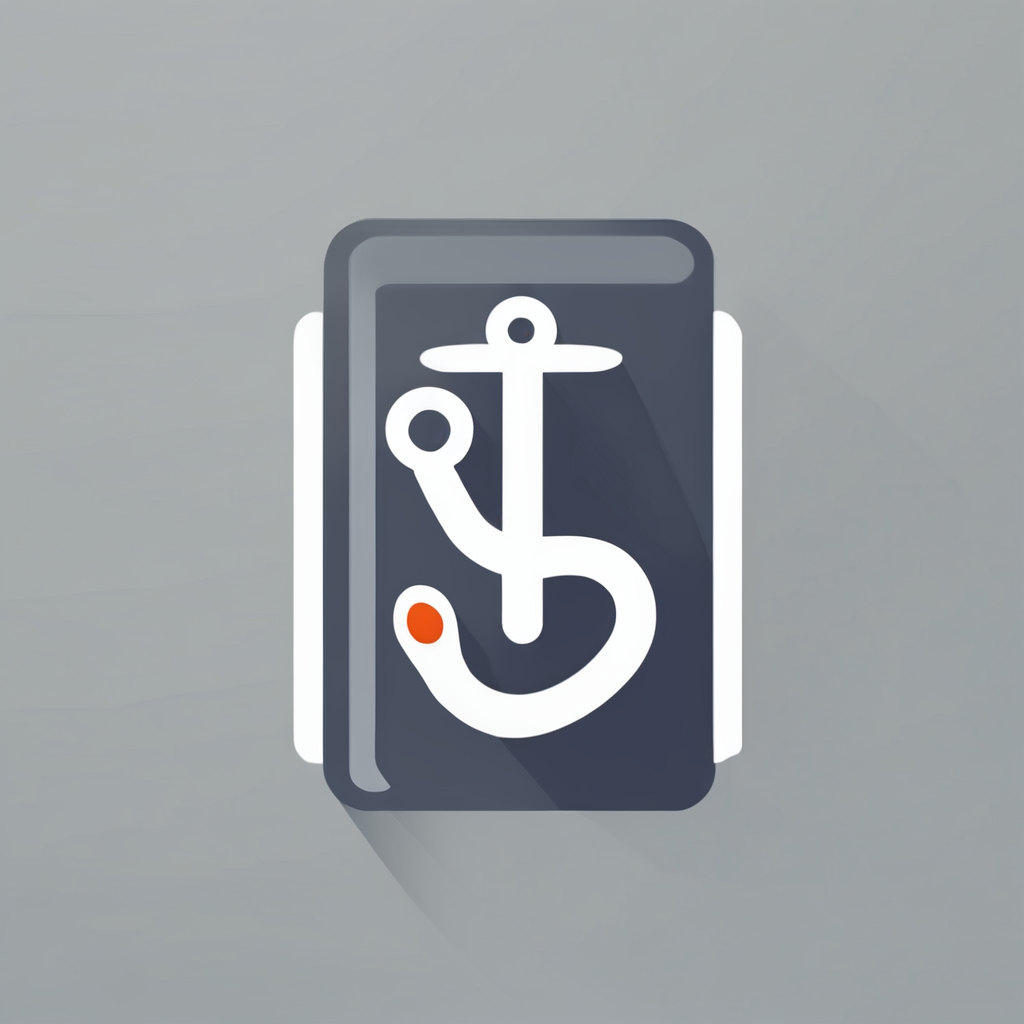Leading Healthcare Innovations Shaping Disease Management
The landscape of healthcare innovations is rapidly evolving, driving significant progress in disease management advancements that benefit both patients and healthcare providers. Modern technologies such as artificial intelligence, telemedicine, and precision medicine are at the forefront of these transformative shifts, enabling more personalized, efficient, and proactive treatments.
Key drivers behind these transformative changes include the integration of data analytics for predictive insights, the expansion of wearable health devices capturing real-time patient information, and the adoption of digital platforms that facilitate continuous patient engagement. These innovations not only improve diagnostic accuracy but also support tailored therapeutic strategies that address individual patient needs more effectively.
This might interest you : What Steps Can Be Taken to Prevent Health-Disease Issues in the UK?
The importance of innovation in disease management cannot be overstated. By advancing how diseases are detected, monitored, and treated, these healthcare innovations contribute to improved patient outcomes, reducing hospital readmissions and enhancing quality of life. Furthermore, they relieve strain on healthcare systems by optimizing resource allocation and enabling preventive care models, which collectively support sustainable healthcare delivery.
Revolutionising Care with Digital Health Tools
Digital health tools, including mobile health apps and remote monitoring devices, are transforming how healthcare is delivered. Their integration into healthcare systems has enabled patients and providers to interact more efficiently and consistently, particularly in managing chronic diseases.
In parallel : What Are Emerging Solutions to Combat Health Disparities in the UK?
Mobile health apps empower users to track symptoms, medication adherence, and lifestyle changes, promoting better self-management. For instance, a patient with diabetes can use apps to log blood sugar levels, receive daily reminders, and access educational content, which fosters improved health outcomes through continuous engagement.
Remote monitoring devices provide real-time data to healthcare professionals, allowing for timely interventions without requiring in-person visits. This is especially beneficial for chronic disease patients who need ongoing observation, such as those with heart conditions using wearable ECG monitors. These devices help reduce hospital admissions and optimize treatment plans.
Several digital health platforms combine mobile apps and remote monitoring into cohesive systems, offering personalized insights and facilitating communication between patients and clinicians. The convenience and responsiveness of these digital health solutions make them indispensable in modern care, supporting both patients’ independence and healthcare providers’ proactive management strategies.
The Role of Artificial Intelligence in Diagnostics
Artificial intelligence in healthcare has revolutionized the way medical diagnostics are conducted. AI diagnostics leverage machine learning disease prediction models to analyze vast datasets rapidly, improving both accuracy and speed compared to traditional methods. These AI-driven diagnostic tools can detect subtle patterns in medical images, laboratory results, and patient records that might escape human observation.
One key advantage of artificial intelligence in healthcare is its scalability. AI systems can process thousands of cases simultaneously, enabling faster disease identification across large populations. For instance, deep learning algorithms have shown great promise in identifying cancers, diabetic retinopathy, and cardiovascular diseases with a precision that often surpasses conventional diagnostic approaches.
Despite these advances, AI diagnostics are not without limitations. The quality of predictions depends heavily on the data used for training the machine learning models. Bias in data or lack of diverse patient information can reduce the effectiveness of disease prediction. Additionally, AI cannot wholly replace clinical judgment; instead, it serves as a powerful augmentation tool that aids healthcare professionals.
In summary, artificial intelligence in healthcare ushers in a new era of diagnostic capabilities, offering faster, more scalable, and often more precise disease identification, while still requiring careful integration with human expertise.
Personalised Medicine and Targeted Therapies
Personalised medicine, also known as genomic medicine, represents a transformative approach that customises treatment based on an individual’s genetic profile. By leveraging detailed genetic information, clinicians can design targeted therapies that directly address the molecular basis of a disease, enhancing both efficacy and safety.
Advancements in genome sequencing technologies have dramatically improved the feasibility of personalised medicine. Faster and more affordable sequencing allows for comprehensive genetic analysis, enabling doctors to identify critical mutations or biomarkers associated with specific conditions. These insights guide the selection of targeted therapies tailored to the unique genetic makeup of each patient.
Such precision has already led to notable successes across various diseases. For instance, in oncology, personalised medicine has facilitated the development of targeted drugs that inhibit cancer-driving mutations, resulting in better patient outcomes with fewer side effects. Similarly, genomic medicine underpins strategies for managing inherited disorders and complex chronic diseases by delivering treatments aligned with genetic risk factors.
In summary, the integration of personalised medicine and targeted therapies marks a pivotal shift from one-size-fits-all treatments to more precise, effective interventions grounded in genetic insights.
Expanding Access through Telemedicine
Telemedicine has revolutionized healthcare by enabling virtual care and remote consultations that transcend traditional barriers. Its rapid adoption means patients can now receive medical advice and monitoring without traveling, which is especially crucial for those in rural or underserved areas. This expansion of access addresses significant geographical challenges, allowing more individuals to engage with healthcare providers comfortably and promptly.
By facilitating care through virtual platforms, telemedicine significantly improves patient engagement. Patients can schedule appointments, receive follow-up care, and manage chronic conditions more effectively due to the ease of accessing healthcare professionals from their own homes. This continuity supports better ongoing disease management, as frequent check-ins and timely interventions become feasible without the constraints of physical visits.
Moreover, telemedicine empowers both patients and providers by integrating digital tools that enhance communication and data sharing. These improvements contribute to a more responsive healthcare system, where virtual care acts as a bridge, bringing medical expertise right to the patient’s doorstep.
Wearable Technology in Monitoring and Early Detection
Wearable technology healthcare has revolutionized the approach to health monitoring devices by providing continuous, real-time data about an individual’s vital signs. Devices such as smartwatches, fitness trackers, and specialized biosensors are equipped to track heart rate, blood oxygen levels, sleep patterns, and physical activity. These tools empower users to maintain awareness of their health and facilitate early disease detection by highlighting abnormalities that might otherwise go unnoticed.
Continuous monitoring with wearable technology healthcare enables proactive healthcare by allowing for timely responses to changes in health status. Unlike traditional episodic check-ups, wearable devices collect data consistently, providing a comprehensive picture of an individual’s baseline health and identifying deviations quickly. This ongoing observation is crucial for managing chronic conditions, preventing exacerbations, and reducing hospital visits.
Early intervention is a primary benefit of these health monitoring devices. Real-time data collection means that alerts can be sent to both users and healthcare providers when potential health issues arise, allowing for swift action. For instance, detecting irregular heart rhythms early can prompt further medical evaluation, potentially preventing severe cardiac events. Thus, wearable technology healthcare advances the possibility of not only monitoring but also actively managing health before serious complications develop.
Breakthroughs in Biotechnology and Innovative Treatments
Biotechnology healthcare has revolutionized the management of chronic and rare diseases through the introduction of new treatment modalities. These cutting-edge therapies harness biological systems to develop innovative biopharmaceuticals that specifically target disease mechanisms rather than merely alleviating symptoms. For example, biologics—complex molecules derived from living cells—have transformed treatment landscapes for autoimmune conditions such as rheumatoid arthritis and multiple sclerosis, offering greater efficacy and fewer side effects compared to traditional drugs.
Regenerative medicine, a key area within biotechnology healthcare, employs techniques like stem cell therapy and tissue engineering to restore or replace damaged tissues and organs. This approach not only addresses symptoms but can potentially reverse disease progression, providing hope for patients with conditions previously deemed untreatable. Innovative biopharmaceuticals in this space include gene therapies that correct genetic mutations underlying rare diseases, which represent a significant leap from conventional treatments.
Despite these advances, the future of biotechnology healthcare faces challenges, including high development costs, regulatory complexities, and ensuring patient access to these novel treatments. However, ongoing research aims to refine these therapies, making them safer, more affordable, and widely available. This dynamic field continues to expand, promising further breakthroughs that will reshape healthcare paradigms by catering to personalized and precision medicine needs.
Expert Perspectives and Practical Implications
Industry leaders and healthcare professionals consistently emphasize the transformative potential of healthcare innovation in improving disease management. Experts highlight that adopting new technologies and approaches can lead to earlier diagnosis, personalized treatment plans, and overall better patient outcomes. For instance, innovations such as digital health tools and AI-driven analytics are shaping how clinicians monitor chronic conditions more effectively.
Evaluating the healthcare innovation impact involves examining real-world outcomes beyond clinical trials. Practitioners often face challenges integrating these innovations, including adapting to new workflows, ensuring data security, and managing costs. Despite these hurdles, evidence shows that successful implementation can reduce hospital readmissions and improve patient adherence to treatment regimens.
To translate innovation into everyday practice, experts provide practical tips for healthcare providers. These include training staff thoroughly on new systems, involving patients in their care plans to enhance engagement, and maintaining open communication channels to address technical or ethical concerns promptly. Such strategies ensure that the benefits of expert healthcare insights are fully realized, making disease management more efficient and patient-centered.


